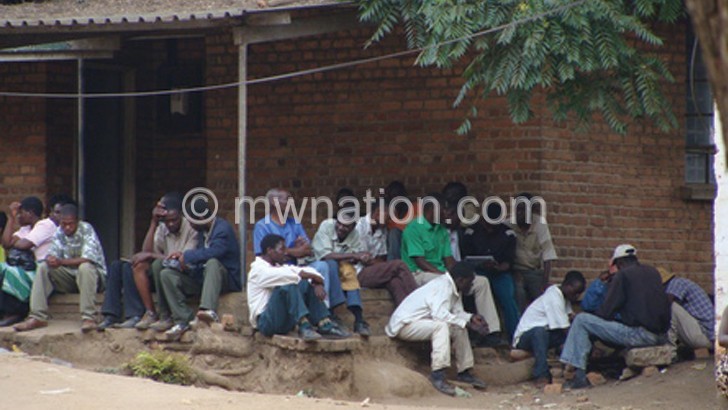ILO, partners for enhanced social protection programme
The International Labour Organisation and players in the social protection sector are pushing for a well-coordinated implementation of social protection programmes nationwide to mitigate worsening poverty and inequalities in the population.
The 2012 National Social Support Policy identified four social protection interventions, namely social cash transfer, school meals, public works and savings and loans groups and microfinance.

The development follows concerns that the programmes are not well coordinated among government, donors and civil society at a time half of the country’s population is still poor with 10 percent being ultra-poor who cannot afford to have basic needs.
ILO technical officer on social protection Precious Matandiko said while Malawi is in the process of reviewing the National Social Support Policy, this direction gives an opportunity to engage policymakers that are eventually going to pass the policy.
She said: “Currently, there are financing gaps that we have seen but we are thankful to the development partners for putting in resources for social protection programmes.
“Everyone needs social protection at one point in time, more especially when you grow old when capacity to earn a decent and sustainable income is reduced.”
In a presentation made recently to members of Parliament and stakeholders in the sector, ILO noted that social protection programmes are being implemented through different departments led by different international non-governmental organisations.
This results in serious interagency conflicts and lack of coordination arising from lack of complementarities among programmes and lack of productive diversification among the projects implementation coordination.
“The continued lack of coordination between donors, international non-governmental organisations and other funding agencies has been one of the major contributing factors potentially holding back the development of coherent social protection in Malawi,” reads part of the presentation.
Social protection consists of policies and programmes designed to reduce poverty and vulnerability by promoting efficient labour markets, diminishing people’s exposure to risks and enhancing their capacity to manage economic and social risks such as unemployment, exclusion, sickness, disability and old age.
Parliamentary Committee on Social and Community Affairs chairperson Saviel Kafwafwa said social protection drive efforts to enhance human capital and productivity, reduce inequalities and build resilience and end inter-generational cycle of poverty.
Outreach Scout Foundation executive director Amon Lukhere said they want the social protection to be adopted as a programme and not as a social support.
He said: “We need to ensure such programmes work in Malawi just like in other countries in the southern African region.
“We want the social protection programmes to be implemented in totality not in bits and pieces.”
Ministry of Economic Planning and Development and Public Sector Reforms director of poverty reduction and social protection Patricia Zimpita said the Malawi National Social Support Programme has several interventions for addressing perverse poverty.
She cited the Public Works Programme as targeting some areas in environmental conservation to replenish the environment.




